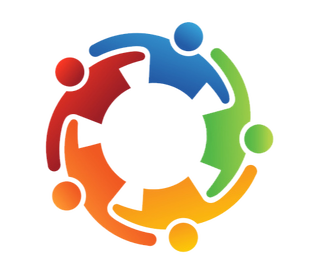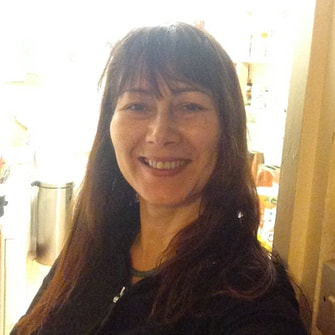Embodied Movement
"Movement accesses emotions that may be unreachable by words"
Dance Movement Therapy (DMT) is one of the arts therapies, along with music, visual art and drama.
DMT involves the use of movement as a medium for communication. It draws on theory from psychotherapy, developmental psychology, movement analyses systems and group dynamics.
The basic premise for all dance/movement therapy is that there is a unity of mind and body and that our movements are intrinsically linked to our emotions. Thus, dance/movement can be used to express our inner experiences. In DMT there is no emphasis on dance aesthetics - any kind of movement is valid.
Generally the aim is to enable clients to freely improvise in a way that develops 'authentic movement'. Authentic movement is an expression of the unconscious awareness, the true self. Through free association in movement, clients access unconscious material, distant memories held in the body, which can be processed and integrated with the help of the therapist.
Dance movement psychotherapists support a broad range of individuals of all ages, including those with:
- emotional or mental health issues
- physical disabilities
- people with complex traumas(cptsd)
- low confidence/low self-esteem
- anxiety issues
- experiencing isolation and loneliness
- or wanting to dance and have fun


